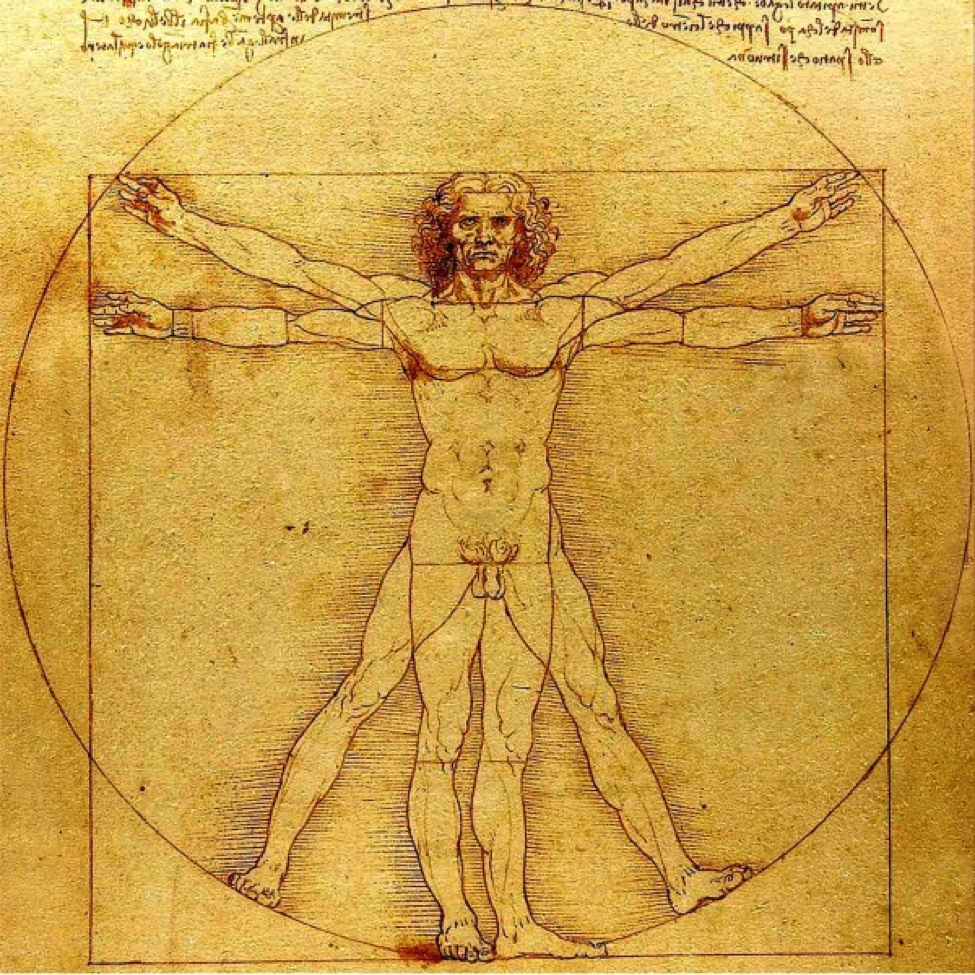That doggedly curious Milanese jack-of-all-trades, Leonardo da Vinci, perhaps our first great scientist, believed that the human body was a great machine designed by the greatest designer of all time, God (as he would put it “Il corpo é una macchina perfetta”). Nonetheless, humans have continued to view the technologization of the body as a Frankenstein-like aberration of nature. For humans, the more benign and comforting idea is to see technology as but a supplement, a prosthetic extension of the “natural” body. But, as we take on the biotechnological possibilities of posthumanism, we need to take heed of historical and philosophical arguments that confirm Leonardo’s discoveries. When humans become cyborgs, we will simply be a different type of machine because, as Leonardo showed us, we have always been machines. At the core of this notion is the idea that to be human is grounded on scratching. This great discovery was made by our modern version of Leonardo da Vinci, that great Algerian jack-of-all-possibilities, Jacques Derrida.
Derrida’s deconstruction of the privileged position of speech over writing was based on his critique of presence. According to Derrida, nothing is actually ever present for two key reasons, one ontological and the other linguistic. Ontologically, nothing is ever present because at no moment in time is anything, including the subject of perception, ever ontologically static; nothing is ever at an absolute standstill. All matter throughout the universe is always already changing, developing, and moving; therefore, nothing can be said to be but can only be said to be at a state of becoming. Nothing ever is in terms of time and space given the physical flux of the material universe. Moreover, in terms of language, the irreducible code for human representation, nothing is also ever present given the constant and infinite movement between signifier and signified. Speech, since Plato, has been viewed as more truthful than writing because speech is understood an immediate expression of the idea present in the mind, whereas writing is removed from the presence of the actual thought, making it, literally, an after-thought.[1] That such a view would of course privilege the mind over the body is clear, most significantly for Derrida, from Descartes to Husserl. But this deconstruction is not the end of the story.
When Derrida then articulates the notion of the trace as the essence of writing—writing as γρᾰ́φω (gráphō) “to scratch, to cut,” he was not simply applying etymological precision but was uncovering the basic function of the human body.[2] As his student Bernard Stiegler argues, the zero-point of the human is what he does to involve himself in the physical environment, technics.[3] As no other species, humans do not simply make tools but make tools to produce other tools. As such, humanity is essentially technological in that the human and the technological have always coevolved. To be human is to be technological and the medium, the media, of this co-evolutionary relation is the body and as such the body is thus the ontological condition of humanization itself. I am embodied, therefore I am.
[1] “Plato’s Pharmacy,” Dissemination, trans. Barbara Johnson (Chicago, 1981), pp. 61-171.
[2] Of Grammatology, trans. Gayatri Chakravorty Spivak (Baltimore, 1976).
[3] Technics and Time, 1: The Fault of Epimetheus, trans. George Collins and Richard Beardsworth (Stanford, 1998).

